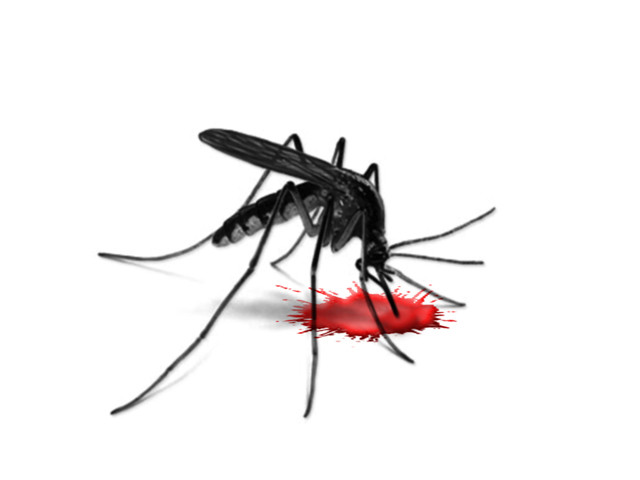Eight suspected of dengue fever in three Pindi hospitals
Shoulder: Health department, town administration to start fumigation drive in garrison city.

Most of the patients are from Rawalpindi, while the rest are from Islamabad, Mianwali and Chakwal.
According to data available with the public health department, five patients suspected of the disease have been admitted to the Holy Family Hospital, three to the District Headquarter Hospital (DHQ), while one person is at the Benazir Bhutto Hospital (BBH). All hospitals have sent the patients’ blood samples to the National Institute of Health (NIH) for confirmation.
District Health Officer (DHO) Dr Khalid Randhawa said so far only one patient from Nowshehra had been reported to be carrying the virus, while no case had been confirmed from Rawalpindi.
To prevent the disease in Rawalpindi, the district public health department and town administration will start a six-week long fumigation drive in different areas of the city.
Dengue fever is most prevalent from September to mid-October, basically before winter sets in, said Randhawa, adding that this year patients started coming to the hospital from early August, after which infected areas were fumigated.
The official record for dengue, spread by the aedes aegypti mosquito , is said to have exceeded 2,000, while a large number of cases have not yet been confirmed due to lack of laboratory facilities in rural areas of Punjab, the worst affected province.
Meanwhile speakers at a seminar held here the other day have demanded of the federal and provincial governments of activating civic bodies to start spray on urgent basis to reduce the reproduction of the deadly mosquitoes as the number of dengue patients are on the rise. They also emphasised on initiating urgent campaign on advocacy and social mobilization to ensure the safety of public health, through strengthening public health bodies and enhancing their capacity to ensure an adequate response to the situation.
The experts said dengue fever was caused by the bite of mosquitoes. They said there were no vaccines for the dengue virus and only preventive measures could reduce exposure to mosquitoes that spread this deadly disease.
Experts said “Its symptoms include fever, headache (especially behind the eyes), vomiting, swollen lymph nodes, nausea, fatigue, muscle and joint pains and a characteristic skin rash that is similar to measles. In a small proportion of cases the disease develops into life-threatening haemorrhagic fever, resulting in bleeding, low levels of blood platelets and blood plasma leakage, or into dengue shock syndrome where dangerously low blood pressure occurs”. There is no specific treatment for dengue fever and patients would need fluids. They advised the suspect patients not to take aspirin at their own without consulting the doctor. They said clothing, mosquito repellent; netting could help reduce exposure to mosquitoes while water should not be allowed to accumulate in and around the residential areas especially in kitchens and bathrooms.
They also demanded adequate treatment facilities at government hospitals.
Published in The Express Tribune, September 5th, 2011.



















COMMENTS
Comments are moderated and generally will be posted if they are on-topic and not abusive.
For more information, please see our Comments FAQ